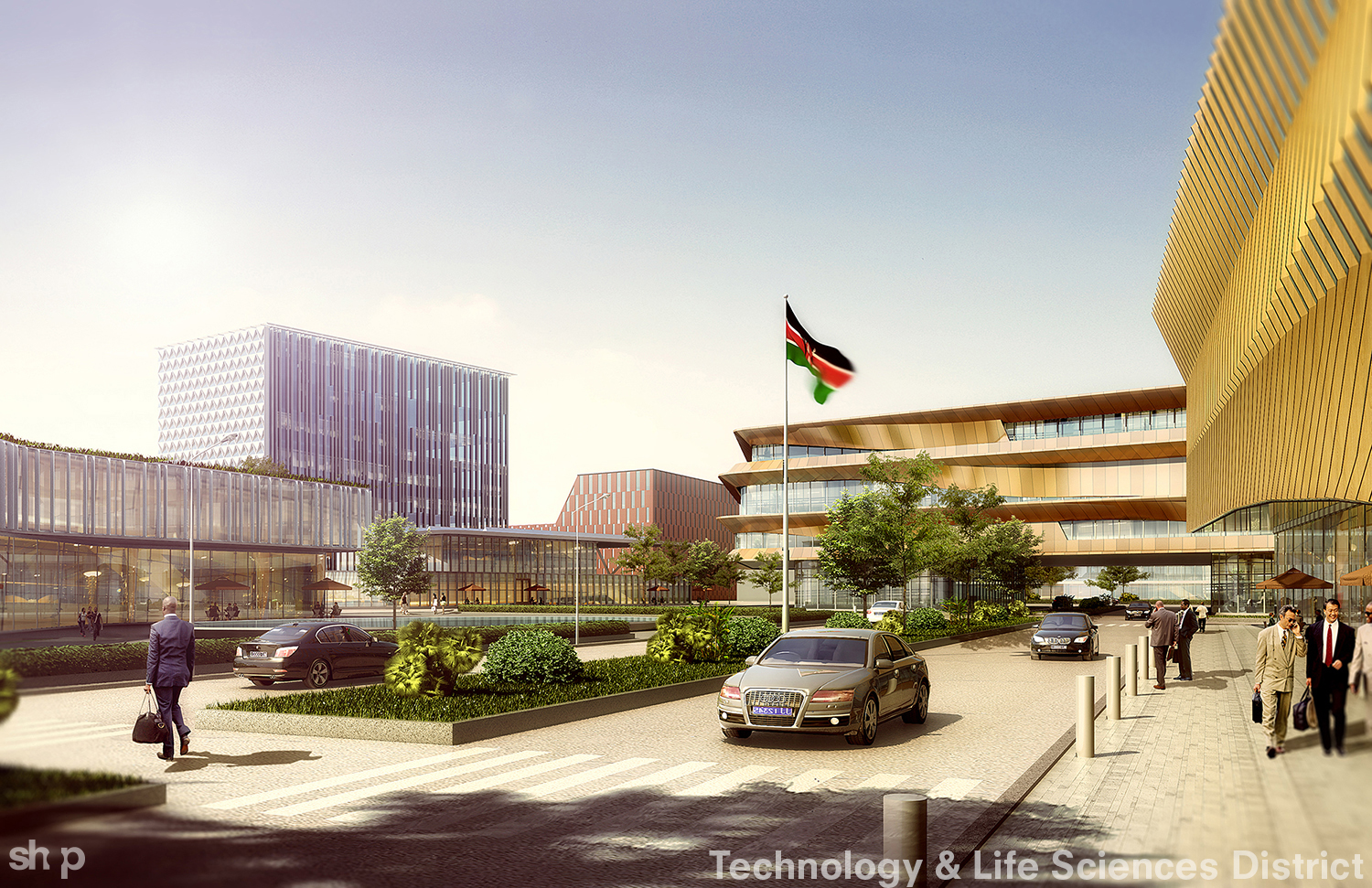Konza or Bust: Intellectual Property and Africa's Silicon Savannah
- Victor Nzomo |
- February 19, 2013 |
- CIPIT Insights,
- Information Technology,
- Intellectual Property

A few weeks ago, the President Mwai Kibaki launched a KES 900 Billion ($14.5bn) project to build a new technology city: Konza, intended to be an IT business hub and dubbed “Africa’s Silicon Savannah”.
Many may know that Konza is part of the government’s Vision 2030 initiative to improve much-neglected infrastructure over the next two decades or so. It is hoped that more than 20,000 IT jobs will be created in Konza by 2015, and more than 200,000 jobs by 2030.
According to the official Konza website, this Techno City will include:
– Modern Business Processing Outsourcing (BPO) Park
– Science Park
– Convention Center
– Mega Mall
– Data Centres
– World-class Hotels
– Local and International Schools
– World Class Hospitals
– Championship Golf Course
– Financial District
– High Speed Mass Transport System
– Residential Housing
– Superior Modern Integrated Infrastructure, Roads, Sewer, electricity and Telecommunications networks and Integrated security system, among other features
Top among the key sectors expected to drive growth of Konza City are Business Process Outsourcing (BPO), Software Development and Data Centers. On paper, there is no doubt that intellectual property (IP) issues in the context of Konza will be abound.
For more context on the impact and importance of Konza, CIPIT Director Dr. Isaac Rutenberg provides this insight based on his involvement and experiences with the Silicon Valley in the USA:
The history of Silicon Valley is colorful, dramatic, and intriguing, and has been the subject of extensive analysis.
The initial successes of the Valley were largely in the area of hardware. William Shockley, the inventor (and patent-holder) of the transistor, moved from Bell Labs to Silicon Valley in the 1950s to found a company that is today known as Fairchild Semiconductor. Enormous resources poured into the Valley in the form of Government defense contracts. Stanford University, Stanford Research Institute (now SRI International), and Xerox PARC were hotbeds of innovation. All of these big players required serious legal services because they were building an industry. There was much in the way of overlap, mergers, spin-offs, IP battles, and technology transfer (authorized and unauthorized!) between the players.
From years of living and practicing IP law in Silicon Valley, I can say that the culture of innovation does not always go hand-in-hand with a savvy understanding of IP. Inventors and innovators generally couldn’t care less about patents and branding – they merely want to invent and keep on innovating. Nevertheless, for every prolific inventor in the Valley there is someone who understands how to use IP to build a successful start-up. In my mind, this is the critical factor that has resulted in decades of success. Countless incredibly smart inventors and scientists are crammed into a relatively small region with equally countless business people and legal professionals that understand how to acquire and leverage IP.
The Silicon Savannah will not replicate Silicon Valley – it cannot and should not try. But it can be modeled after the Valley, and can certainly learn from the experiences of the Valley. Certainly, Silicon Savannah will need innovation as a starting point. Innovation is something Kenyans do frequently and do well. But as the Valley model suggests, it is not enough to just have inventors – success also requires competent business people and legal services, particularly in the area of IP.
A dramatic difference between Silicon Savannah and Silicon Valley is that the former will necessarily function on a substantially international level from the very beginning. The Valley had the benefit of a vast US market, and did not initially rely substantially on international activities. Times have changed, and international activities are critical in the area of ICT. So it is increasingly clear that the Savannah will succeed only if it learns to navigate international channels of innovation, technology transfer, and business. This means being savvy in IP, because more than ever before the international currency in business is based on IP.
Konza City will significantly test our savvy-ness.
